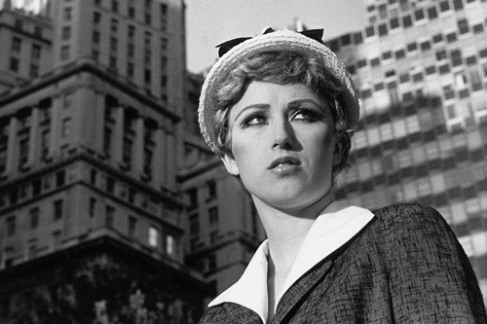Chemical Amnesia and Cinematic Awareness in “Pays Barbare”
At the forefront of the documentary movement since 1986, Yervant Gianikian and Angela Ricci Lucchi have relentlessly aimed in their work to make archival footages speak. Using original footage as a palimpsest, they resculpt it by decelerating the film’s speed, rephotographing it, reframing a shot, or adding a soundtrack. Explicitly political, their films consider the … Lire la suite Chemical Amnesia and Cinematic Awareness in “Pays Barbare”
